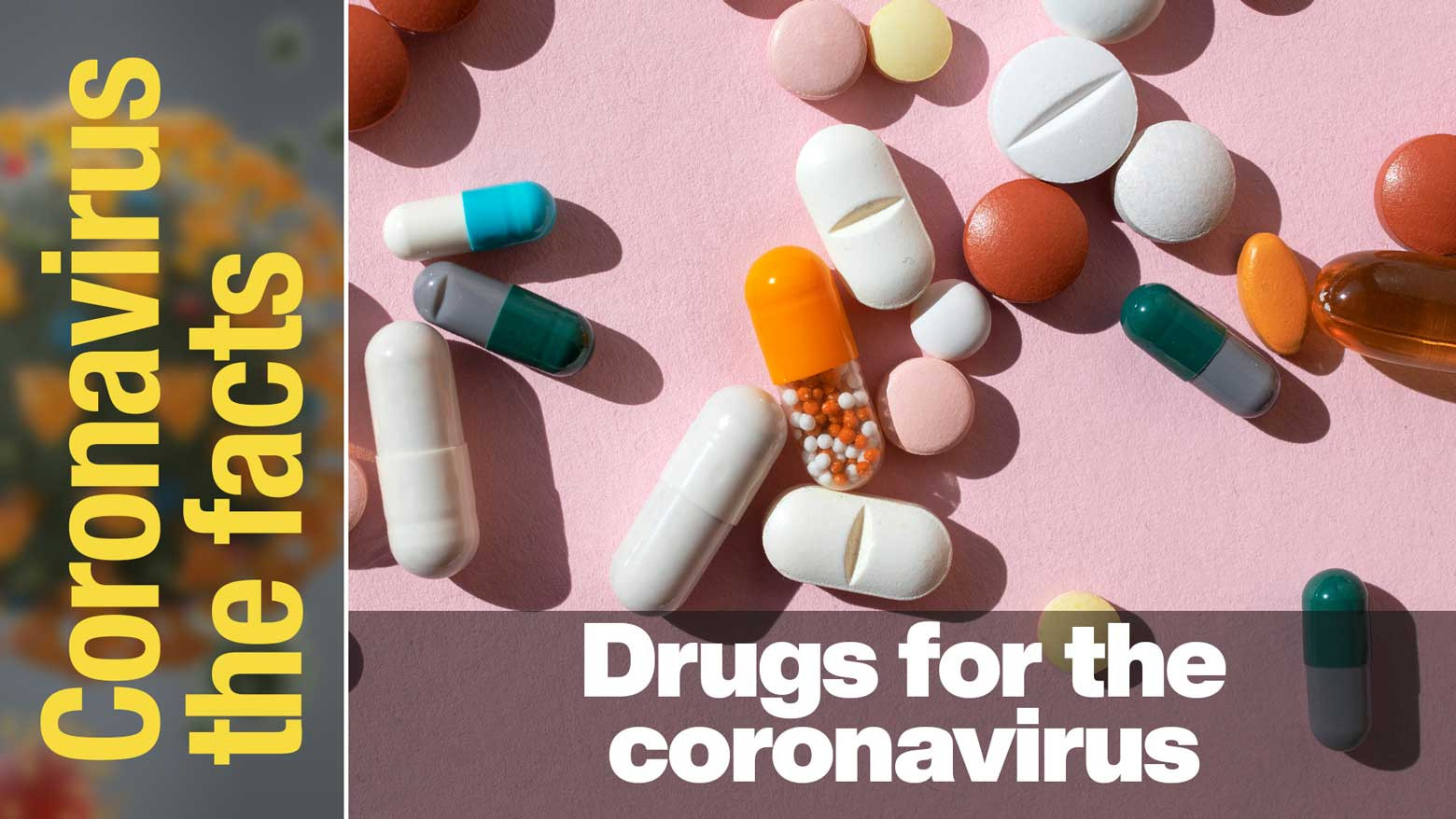This is part 49 of our coronavirus FAQ. Click here to read other installments: #Coronavirus the facts. Find the latest information and answers from experts on everything COVID-19.
No miracle yet
When it comes to COVID-19, there is currently no "wonder drug." However, some that were developed for other illnesses are also proving effective against the coronavirus. Since the outbreak became a pandemic, much has changed in the push to develop a treatment.
In the early days, there were drugs that appeared promising despite their efficacy against the coronavirus being unproven. They include one that suppresses AIDS symptoms by preventing it from reproducing. However, the results of clinical trials in China and Britain showed it did not lower the fatality rate for critically ill coronavirus patients.
Hydroxychloroquine, which is used to treat malaria, also appeared to have potential. However, in June, the US Food and Drug Administration revoked its emergency-use authorization for treating the coronavirus. The FDA said tests did not show that it was effective against COVID-19.
Some do work
On the other hand, there are some drugs that have been confirmed to work. They include remdesivir, which was developed to treat Ebola. Trials in the United States proved it was effective against the coronavirus. In May, remdesivir became the first drug in Japan to be approved for treating the coronavirus.
In Britain, the steroid dexamethasone has been confirmed to lower the fatality rate. The drug has since started being used in Japan.
Japan's health and welfare ministry now recommends both remdesivir and dexamethasone in its guidelines for treating the coronavirus.
Meanwhile, the Japanese pharmaceutical firm behind the anti-flu drug Avigan has applied for government approval for its use as a treatment for the coronavirus. Actemra, a drug to treat rheumatoid arthritis, is in clinical trials.
Alvesco, a steroid to treat asthma, is also showing potential. So too, Futhan, which is normally used for acute pancreatitis. If the efficacy and safety of the drugs are proven, then it is hoped they will also be used to treat the coronavirus.
Morishima Tsuneo of Aichi Medical University is an expert on infectious diseases. He says researchers have discovered several effective treatments for the coronavirus after learning about the nature of the illness. He says these factors contributed to the lower fatality rate in Japan when there was a resurgence of the virus.
The information is accurate as of Sept. 16, 2020.
